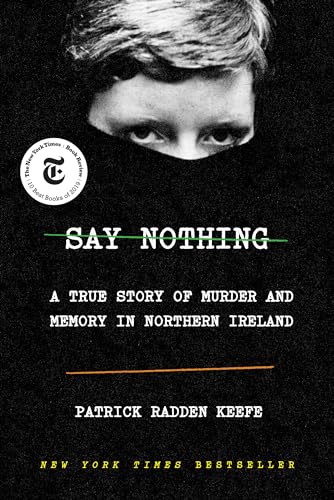Is 'Say Nothing' Based on a True Story? Here's What to Know About Dolours and Marian Price
The new acclaimed historical drama on FX on Hulu tells a harrowing story about Ireland during The Troubles.

FX's latest show Say Nothing, available to stream on Hulu, is a harrowing, expertly told story of extremist violence's effect on countless lives. Based on Patrick Radden Keefe's 2018 bestseller Say Nothing: A True Story of Murder and Memory in Northern Ireland, the nine-episode true-crime series chronicles the Troubles, the decades-long conflict between Catholic republicans and Protestant loyalists in Northern Ireland. The must-watch series tells the stories of several members of the Provisional Irish Republican Army (IRA), with two of the standout subjects being Dolours and Marian Price, siblings and IRA fighters who were once dubbed "The Sisters of Terror."
Say Nothing follows both Dolours (played by both Lola Petticrew and Maxine Peake in the series) and Marian (played by both Hazel Doupe and Helen Behan) throughout their lives, from their childhoods learning the methods of the IRA to their adulthoods, as Dolours takes part in the Belfast Project, an oral history, which also served as her anonymous confession. Through this, it examines the toll that the IRA’s quest—to end British rule in Northern Ireland and reunite Ireland by any means necessary—took on its members. Below, read on for everything you need to know about the true story of the Price sisters, including which of the pair is still alive today.
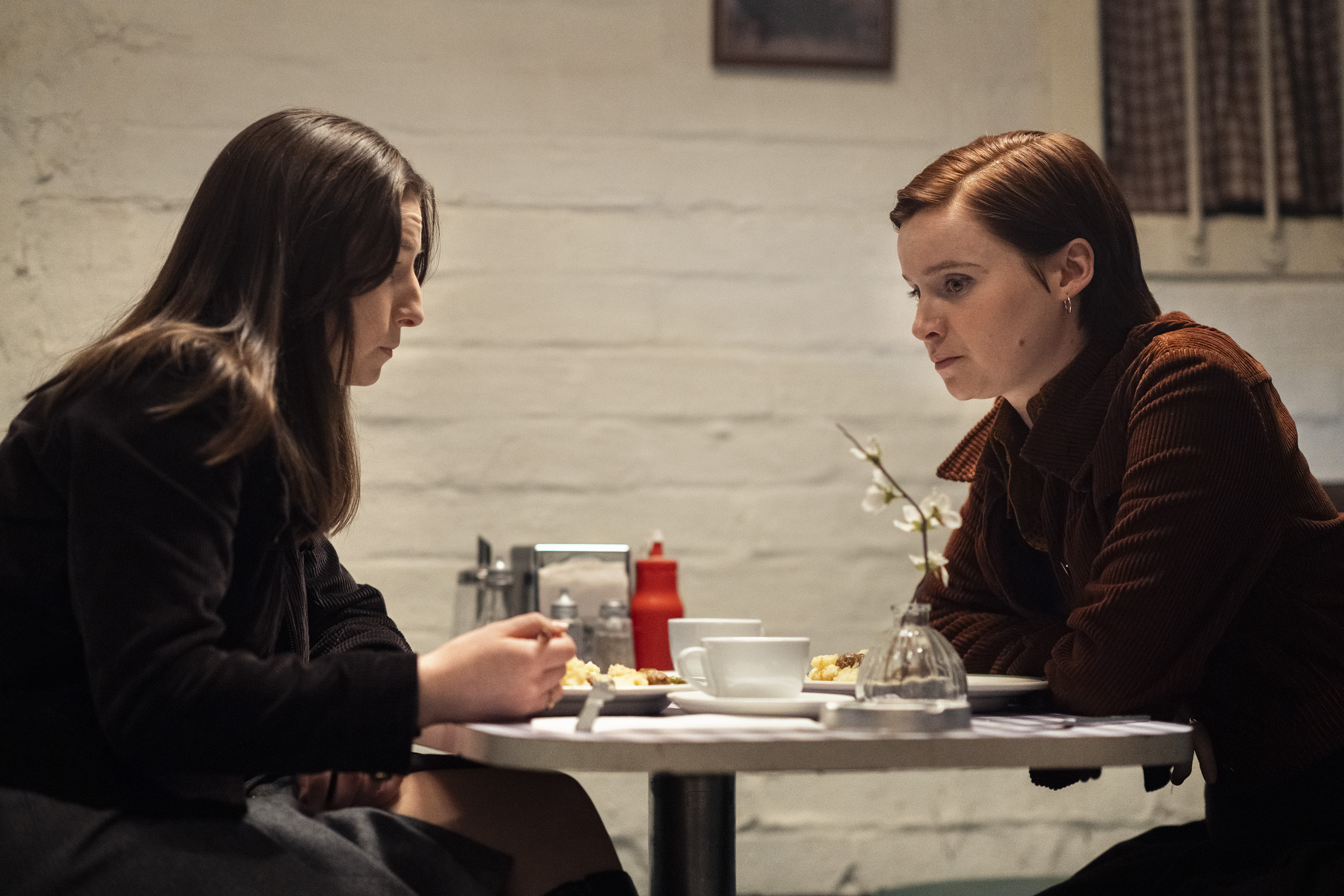
Marian Price (Hazel Doupe) and Dolours Price (Lola Petticrew) were practically raised to become IRA fighters.
Dolours and Marian Price learned about the IRA from their parent's involvement.
Since long before The Troubles began, Irish Catholics and U.K. protestants have been at odds. Here's the essential history to know before the events of Say Nothing: Between 1919 and 1921, the Irish Republican Army fought for independence from the U.K. The conflict ended with the division of Ireland into northern and southern regions in 1922. The U.K. retained control of Northern Ireland, which was majority Protestant with a small population of Catholics who faced political, economic, and social discrimination. Over the 1960s, there was a rise in activity from young Catholic nationalists, who either embraced non-violent protest inspired by the Civil Rights Movement in the U.S. or violent paramilitary action against loyalists. One of the latter groups, the Provisional Irish Republican Army, broke off from the Irish Republican Army due to differing views: The official group sought independence through peace, while the provisional group chose violence.
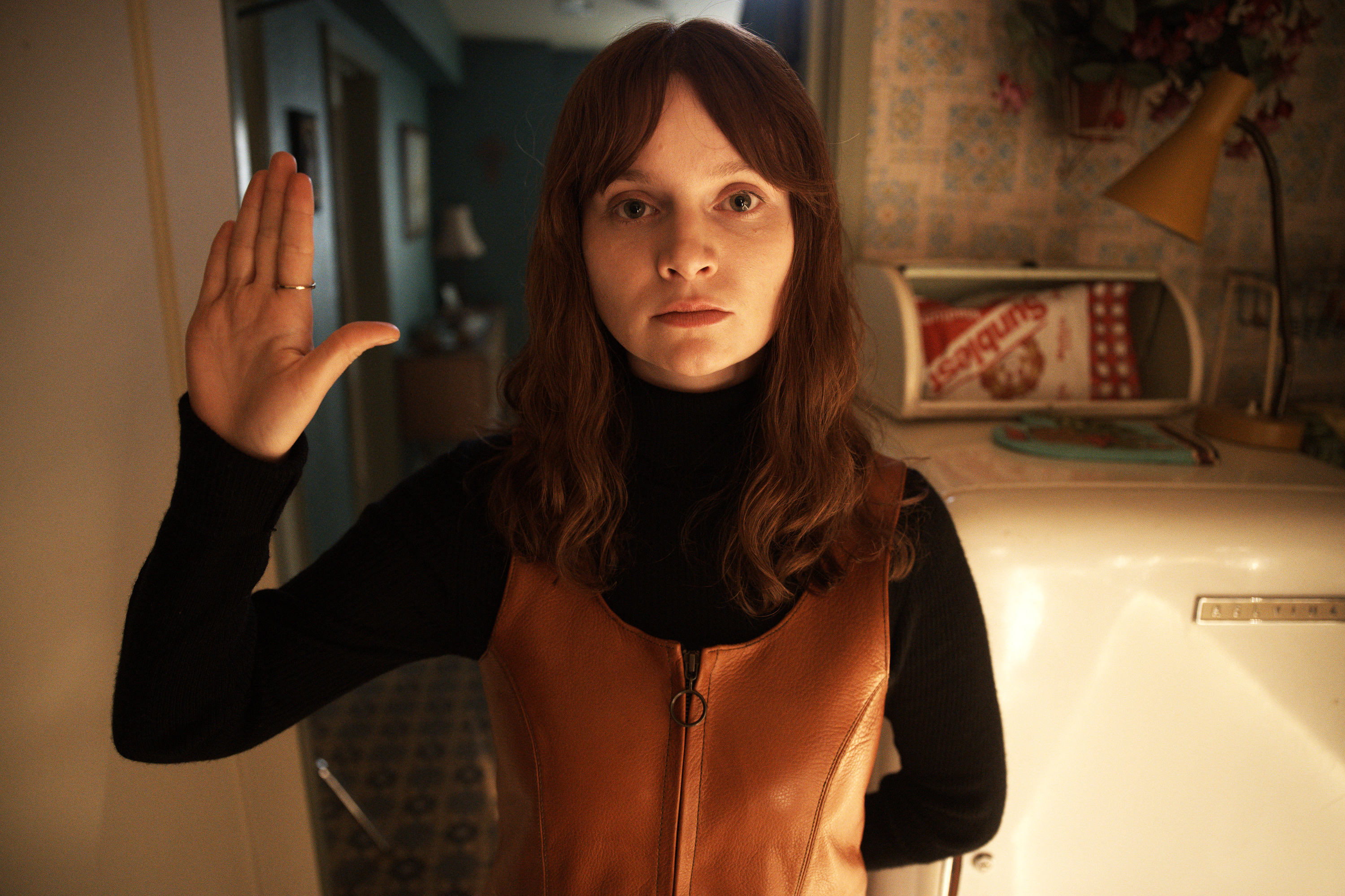
Dolours (Lola Petticrew) takes the IRA pledge, in Say Nothing.
Per Keefe's book, Dolours Price was born on December 16, 1950, followed by her younger sister Marian's birth in 1954 in Belfast, Northern Ireland. The pair—along with their two other siblings, Damian and Clare—were the children of Albert and Chrissie Price, who were both members of the Irish Republican Army. As seen in the series, Albert would regale his kids with stories of his teenage years with the group in the '40s, which included eight years spent in jail. Dolours and Marian's aunt Birdie, one of Chrissie's sisters, was also a former fighter, who had lost both of her hands and her eyesight in 1938 from a bomb-making error, at age 27. (Birdie is less of a notable figure in Keefe's book than in the FX series.)
As teenagers, Dolours and Marian initially got involved through non-violent means, but they were radicalized during one of the tragic events that marked the start of the Troubles. During a civil rights march on New Year's Day 1969, 100 peaceful protestors were ambushed by nearly 300 Protestant loyalists on Derry's Burntollet Bridge. Per Keefe, the British military raided the Prices' home "repeatedly" in the early '70s, suspicious of Albert Price’s alleged extremist ties. Both Dolours and Marian eventually later joined the IRA in 1971, at ages 20 and 16, respectively.
Dolours and Marian Price were some of the first women to obtain full IRA membership.
Dolours and Marian were familiar with the gender stratification in the IRA long before they joined. Their mother Chrissie had been a member of Cumann na mBan, the women's auxiliary group that often served as nurses or administered first aid to the male IRA members. However, as shown in the series, Dolours and Marian wanted to be "doing what the boys were doing."
The sisters became the first full-time female members of the IRA in the organization’s history, serving in the Belfast Brigade and taking part in different tasks traditionally done by men. They started as couriers, transporting money and explosive materials north across the border at their own risk, before escalating to robbing banks to spring fellow members out of captivity. Per the documentary I, Dolours, the sisters once dressed as nuns during one of these robberies.
Stay In The Know
Get exclusive access to fashion and beauty trends, hot-off-the-press celebrity news, and more.
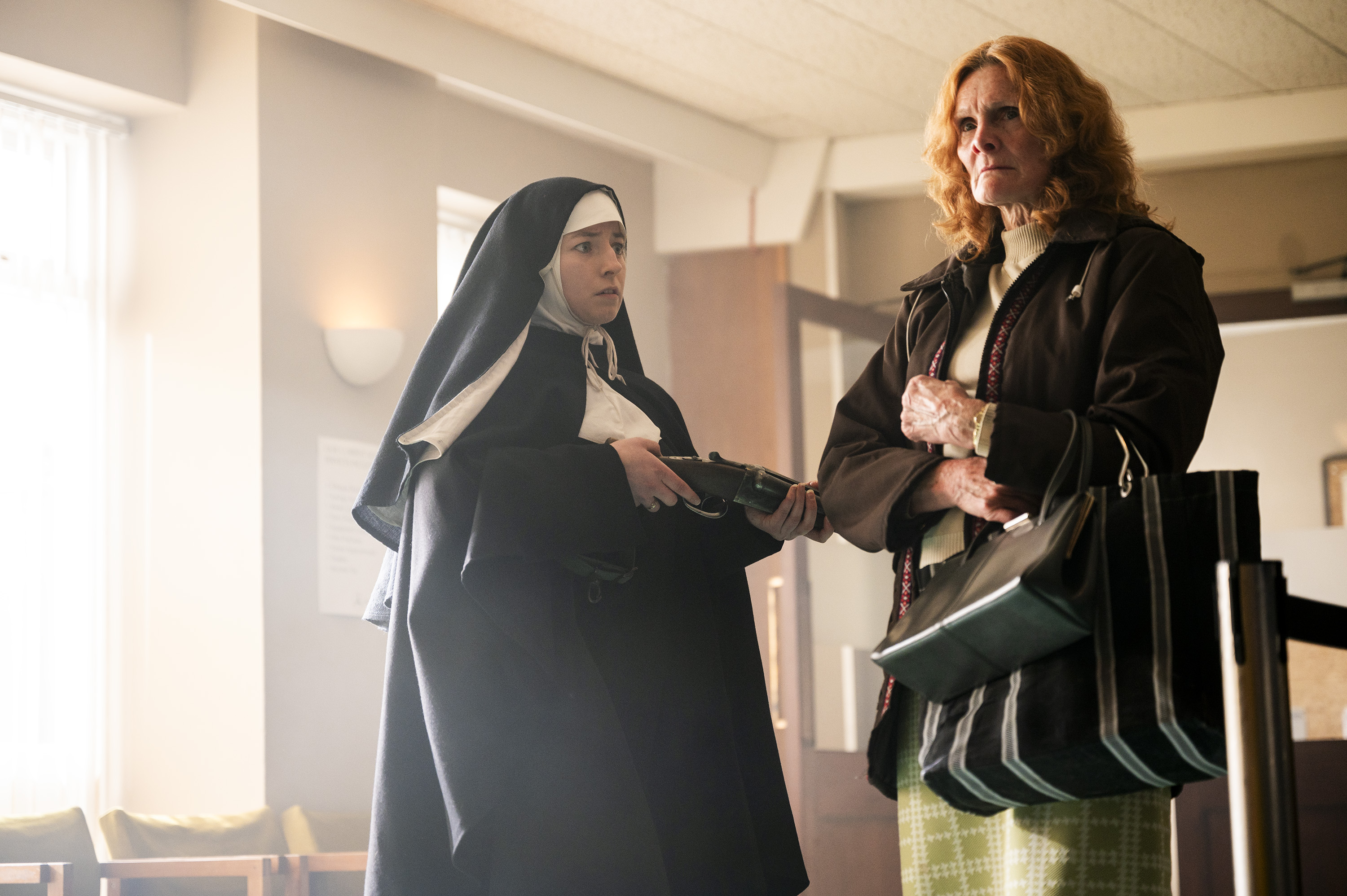
Marian (Hazel Doupe) struggles to intimidate a woman as the sisters hold up a bank at gunpoint, in Say Nothing.
Dolours and Marian Price went on a hunger strike after being imprisoned for their role in the 1973 London bombings.
The IRA escalated their efforts in 1972, following the Bloody Sunday massacre in which military soldiers opened fire on a crowd of civil rights protesters, killing 13 and injuring at least 15 others. In 1973, Dolours and Marian took part in a mission to plant four car bombs in significant areas in London. Two of the bombs went off, outside the Old Bailey Courthouse and the Ministry of Agriculture near Whitehall, around the same time on March 8, 1973. The other two bombs were diffused. At least 200 were injured, and one person died of a heart attack, though per Keefe the autopsy found that the cardiac event began before the bombings.
Though Dolours and Marian are presented as the architects of the plan in the FX series, the planning was more of a group effort in real life, with Keefe writing that the idea was "at least in part Dolours Price’s." However, Keefe confirmed that she was chosen to run the mission. Both sisters were among the members of the Belfast Brigade arrested at Heathrow Airport following the bombings, and they were sentenced to serve 20 years in the all-male Brixton Prison in South London.
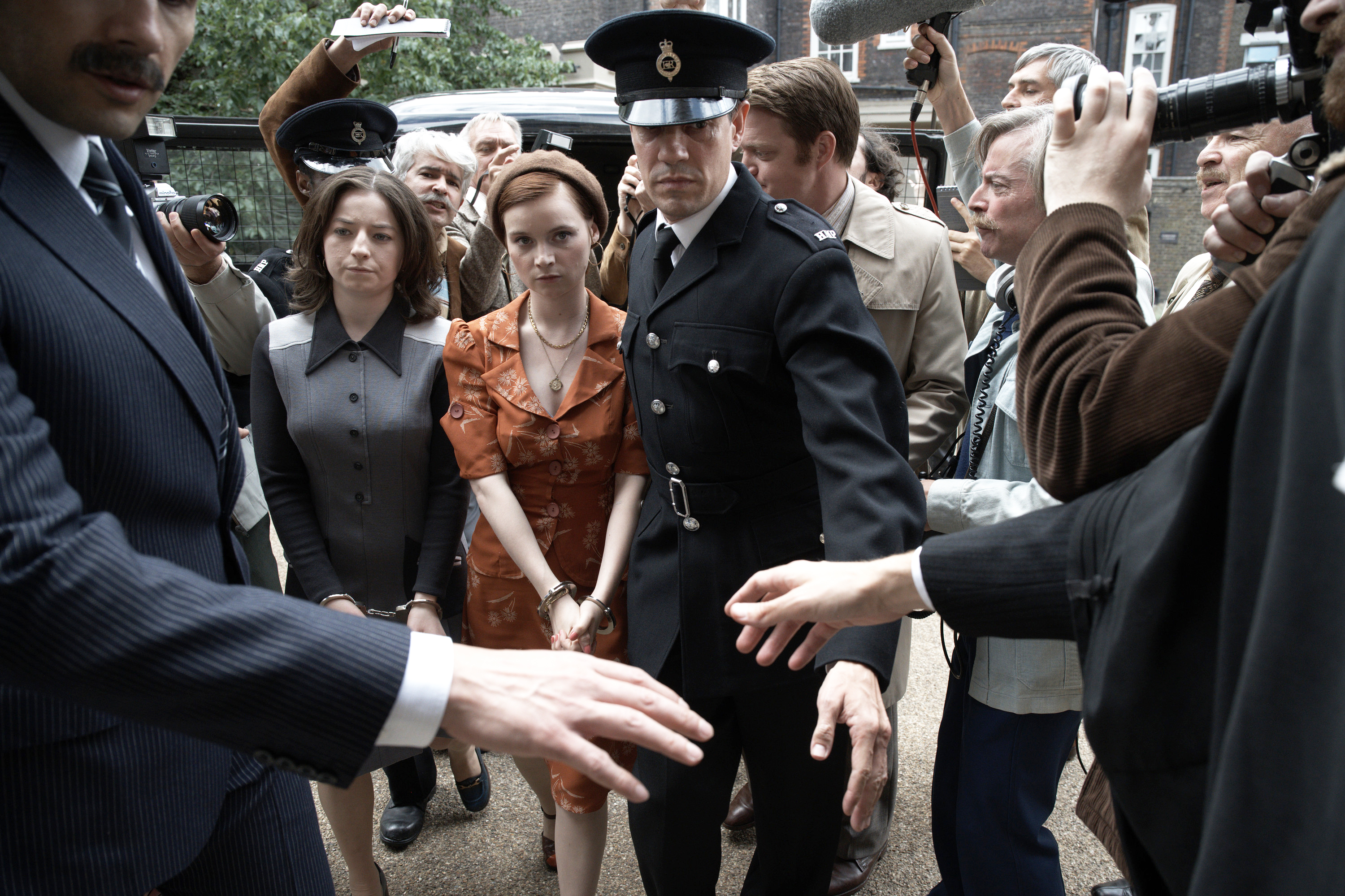
Marian (Hazel Doupe, left) and Dolours (Lola Petticrew, center left), are led to the courtroom by police, in Say Nothing.
However, as soon as they arrived, Dolours and Marian began a hunger strike, to force the British government to grant their request to be moved to a prison in Northern Ireland to serve as political prisoners. With the strike, the pair followed a long tradition of republican prisoners, dating back to 1923. The sisters' strike lasted 205 days; as seen in Say Nothing's sixth episode, they were force-fed for 167 of those days.
Dolours and Marian were eventually successful and sent to Armagh Prison in Northern Ireland, where they served their remaining time in a women’s prison an hour outside of Belfast. Marian was released from jail in 1980 due to health concerns, having lost so much weight that she was considered in "imminent danger of death," with Dolours being let out for the same reason a year later, at age 30.
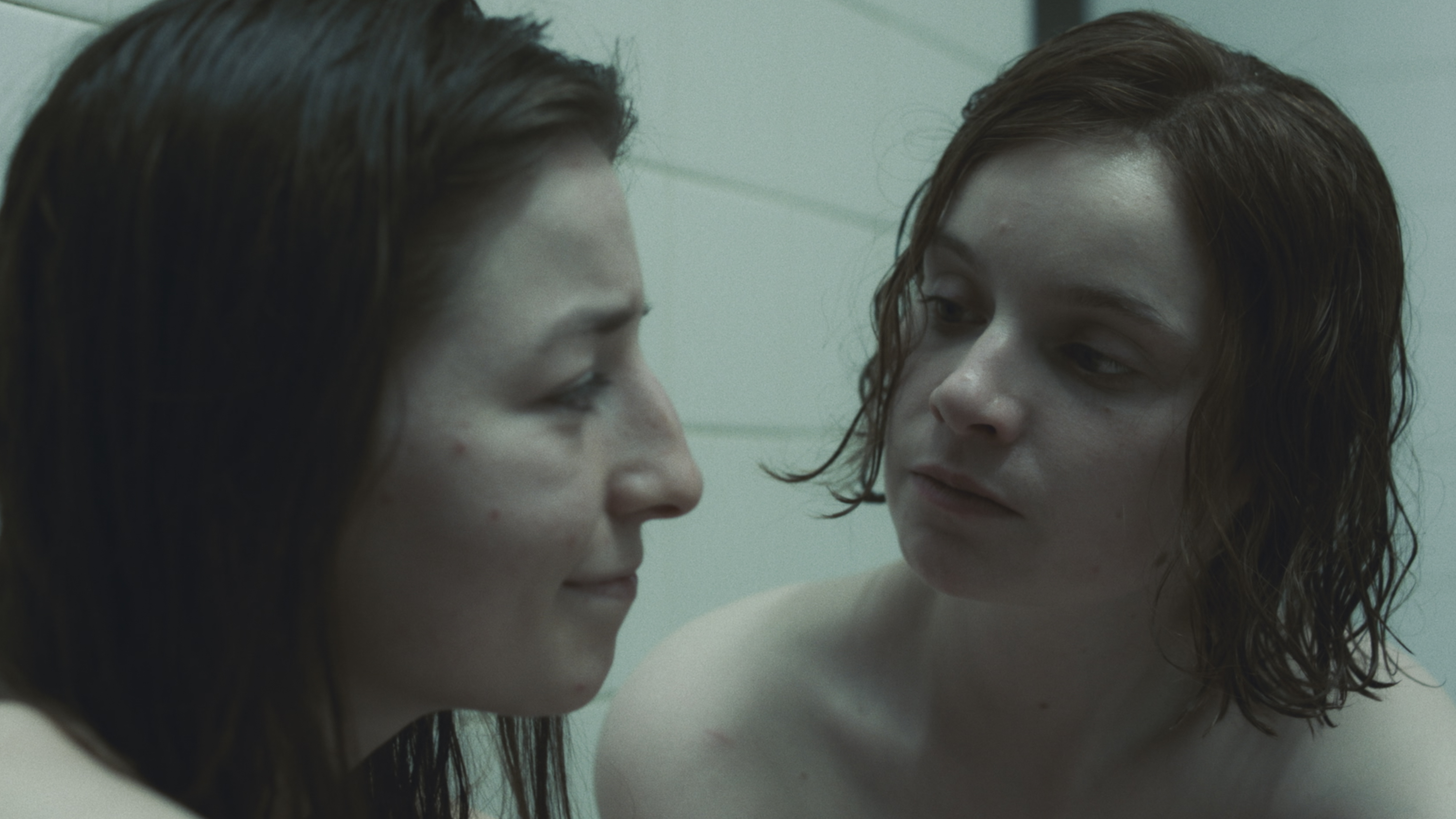
Marian (Hazel Doupe) and Dolours (Lola Petticrew) struggle in prison, in Say Nothing.
Dolours married actor Stephen Rea after her release from prison in 1980.
After their release from prison, Marion lived out of the public eye and rarely spoke publicly about her past. Due to this, much more is known about Dolours' years after prison, including her surprising love story.
On the night before the 1973 London bombings, Dolours and Marian had seen a play called The Freedom of the City, starring a young Irish actor called Stephen Rea. Rea was born in Belfast to a Protestant family who was sympathetic to Irish nationalism; he is now best known for his Oscar-nominated performance as an IRA officer in 1992's The Crying Game. He and Dolours had met during the civil rights protests in the '60s, and when their paths crossed for the third time after her 1980 release, they fell in love and were married in 1983, later welcoming two children. The marriage did not last, with Dolours and Rea divorcing in 2003.
Recently, Rea has spoken publicly about their marriage and Dolours’s struggles with alcoholism in 2021, explaining that she experienced mental health issues after leaving jail. "For a sensitive person like her, it was very tough," Rea said in a 2021 interview. "She came out of prison after eight years, how could she be anything but destroyed?"
Per Keefe, Dolours also struggled with disordered eating, drug addiction, and PTSD in her final years, as she also reckoned with her past violent acts. On January 24, 2013, Dolours died after accidentally ingesting a toxic mix of sedatives and anti-depressants.
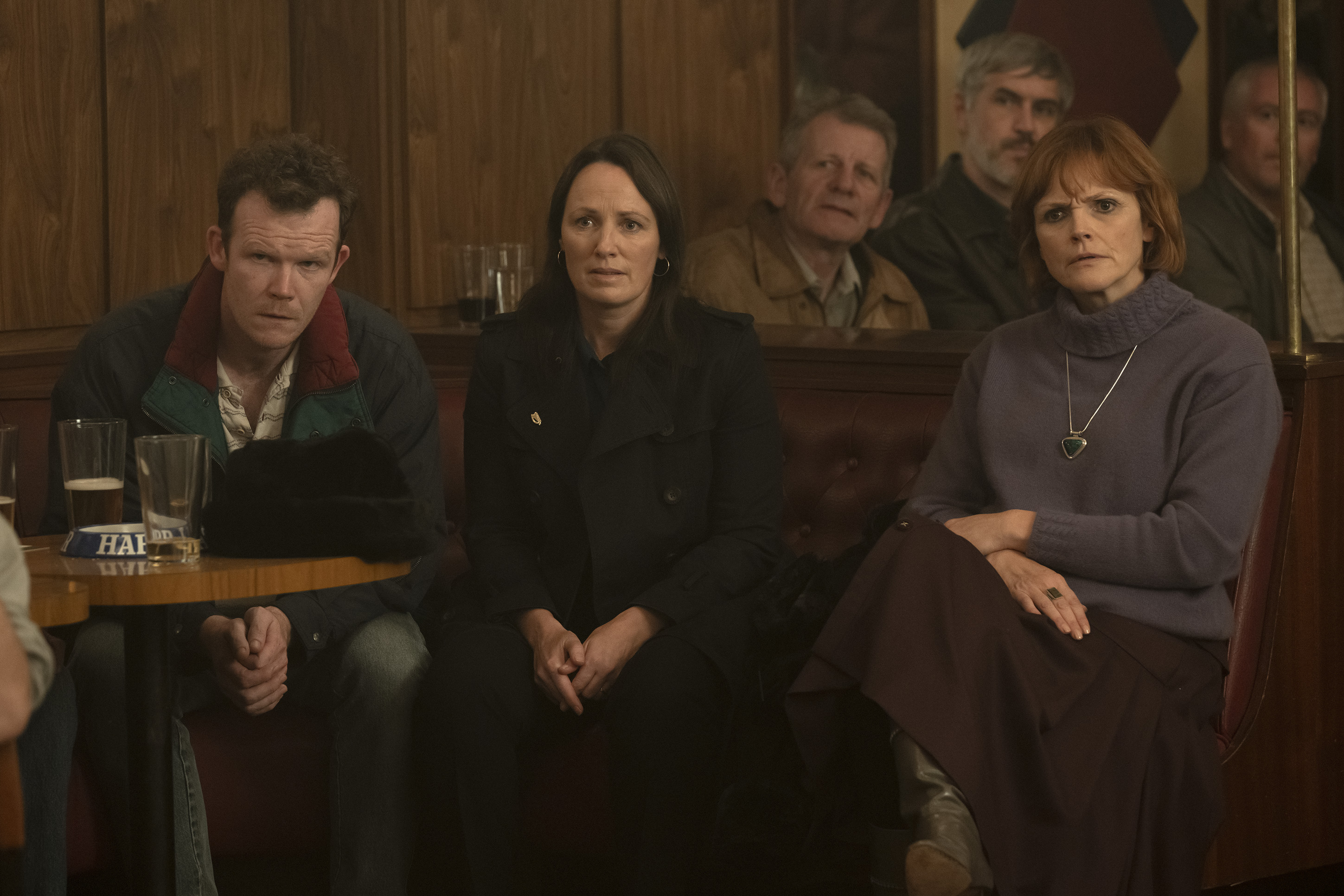
Marian (Helen Behan, center) and Dolours (Maxine Peake, right) return home after jail and reconnect with Mackers (Seamus O'Hara, left), in Say Nothing.
Dolours later confessed to being involved in Jean McConville's death, but Marian has denied any involvement.
In the first scene of Say Nothing, Jean McConville (played by Judith Roddy), a 37-year-old widowed mother of 10, is dragged out of her home never to be seen again, until her corpse was spotted in 2003, by a random passerby walking their dog. McConville was one of the Disappeared, over a dozen people who the IRA abducted, killed, and buried in complete secrecy across the 1970s and '80s. McConville was born Protestant and converted to Catholicism for her late husband; before the December 1972 disappearance, she and her children had moved into Divis Flats, a massive public housing complex whose inhabitants were mostly Catholic nationalists. According to her children (and as seen throughout the show), many of McConville's abductors were her own neighbors.
In 2001, Boston College launched The Belfast Project, an oral history of the Troubles consisting of anonymous interviews with former Republicans and Loyalists, with the subjects only revealed after their deaths. Two years after Doloures died in 2013, her account of her involvement in McConville's death was included in Keefe's New Yorker article "Where The Bodies Are Buried," the predecessor to his later novel. By the time of the Belfast Project interviews, Dolours had reportedly become disillusioned with her time in the I.R.A. following the Good Friday Agreement of 1998, the peace accord that ended the Troubles without achieving Ireland's unification.
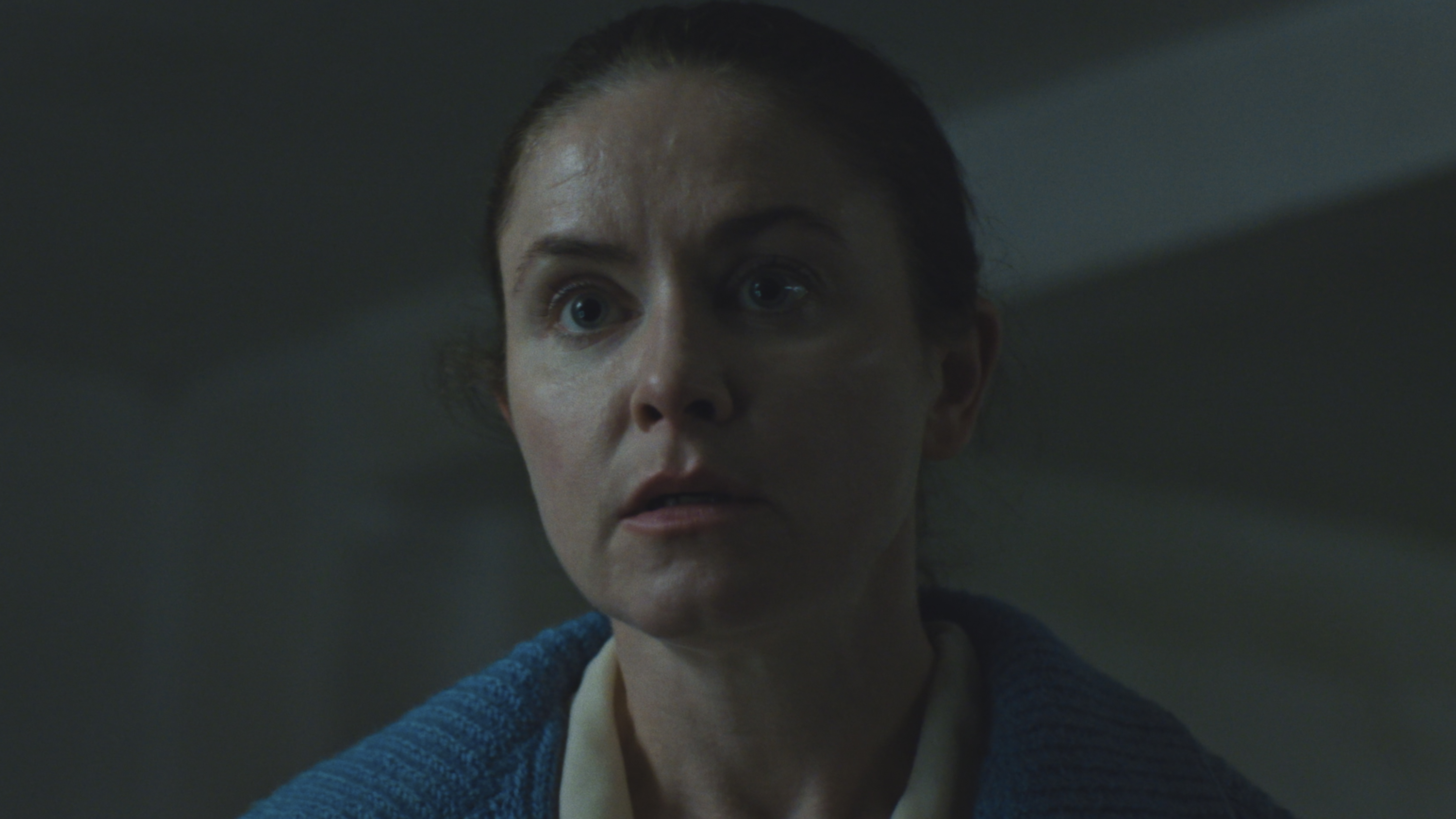
Jean McConville (Judith Roddy) is the civilian and mother of 10 caught up in the IRA's war, in Say Nothing.
In her interviews, Dolours revealed that she had been part of the "Unknowns," a secret IRA unit that conducted clandestine missions including disappearances. Though she did not participate in the raid, Dolours admitted that she drove McConville across the border into the Republic of Ireland, where the mother was executed. Dolours claimed that McConville had been acting as an informant for the British Army while living Divis Flats, but as of 2015, no official records could be found of McConville being an informant.
Per Say Nothing (both the book and the series), both Dolours and Marian were involved in McConville's execution with Marian eventually dealing the fatal shot. In the documentary I, Dolours, the titular subject discussed her direct involvement in the shooting, explaining that she and two other IRA members "each fired a shot so that no one would say that they for certain had been the person to kill [McConville]."
However, Marian Price released a statement through her lawyer denying any involvement in McConville's death upon the release of Say Nothing in the book. Marian is still living, and she has not given any recent interviews.
Quinci is a Culture Writer who covers all aspects of pop culture, including TV, movies, music, books, and theater. She contributes interviews with talent, as well as SEO content, features, and trend stories. She fell in love with storytelling at a young age, and eventually discovered her love for cultural criticism and amplifying awareness for underrepresented storytellers across the arts. She previously served as a weekend editor for Harper’s Bazaar, where she covered breaking news and live events for the brand’s website, and helped run the brand’s social media platforms, including Instagram, Facebook, and Twitter. Her freelance writing has also appeared in outlets including HuffPost, The A.V. Club, Elle, Vulture, Salon, Teen Vogue, and others. Quinci earned her degree in English and Psychology from The University of New Mexico. She was a 2021 Eugene O’Neill Critics Institute fellow, and she is a member of the Television Critics Association. She is currently based in her hometown of Los Angeles. When she isn't writing or checking Twitter way too often, you can find her studying Korean while watching the latest K-drama, recommending her favorite shows and films to family and friends, or giving a concert performance while sitting in L.A. traffic.
-
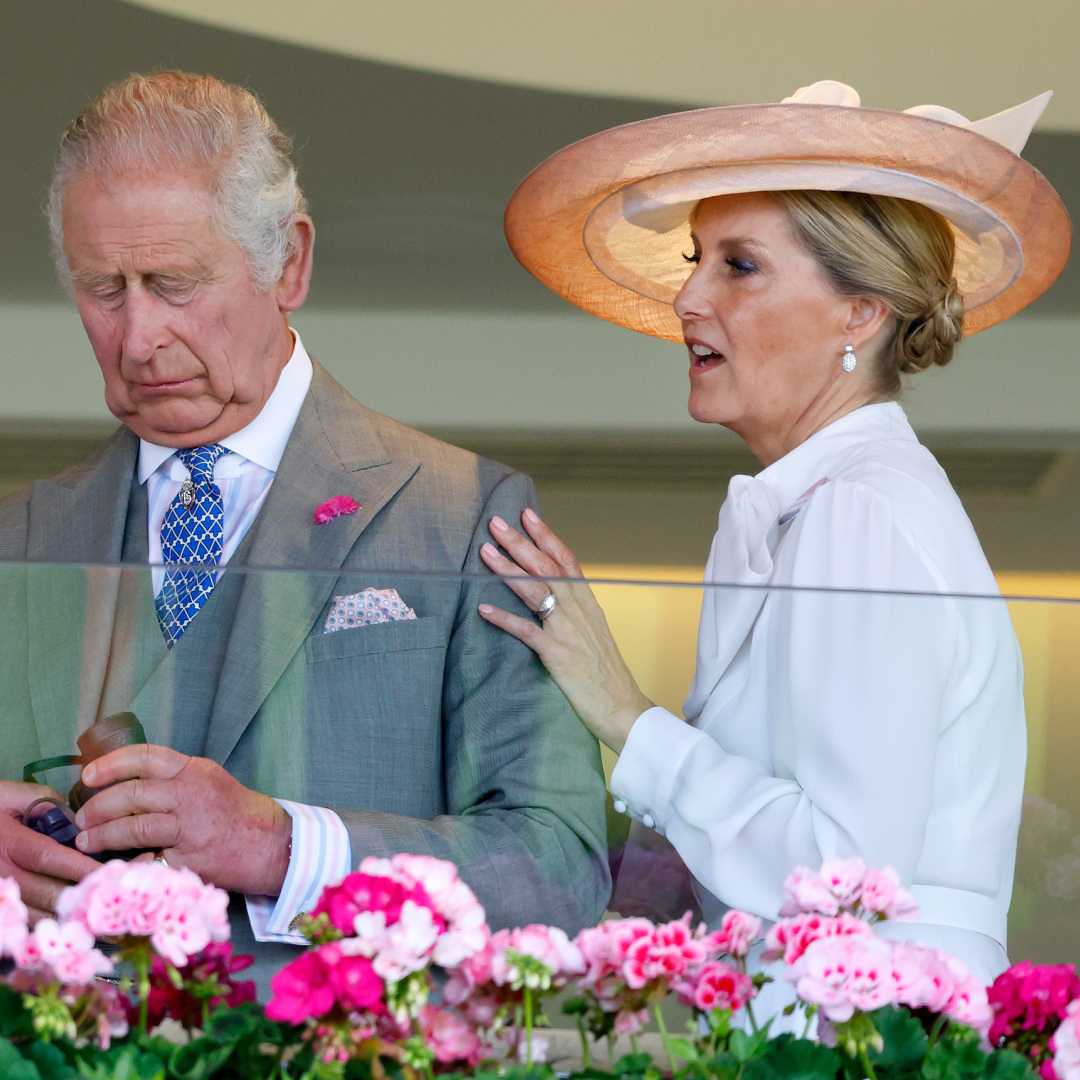 Duchess Sophie Stepped Up to Represent King Charles at Event Amid Calls for King Charles to "Slow Down"
Duchess Sophie Stepped Up to Represent King Charles at Event Amid Calls for King Charles to "Slow Down"The Duchess of Edinburgh filled in for The King at the Royal Military Academy Sandhurst.
By Kristin Contino Published
-
 See the Top-Scoring WNBA Draft Looks
See the Top-Scoring WNBA Draft LooksThis year's rookie class came to win.
By Halie LeSavage Published
-
 Julia Fox's Super Short Coachella Haircut Is a Cheeky Nod to 'White Lotus'
Julia Fox's Super Short Coachella Haircut Is a Cheeky Nod to 'White Lotus'Leslie Bibb fans, rise.
By Ariel Baker Published
-
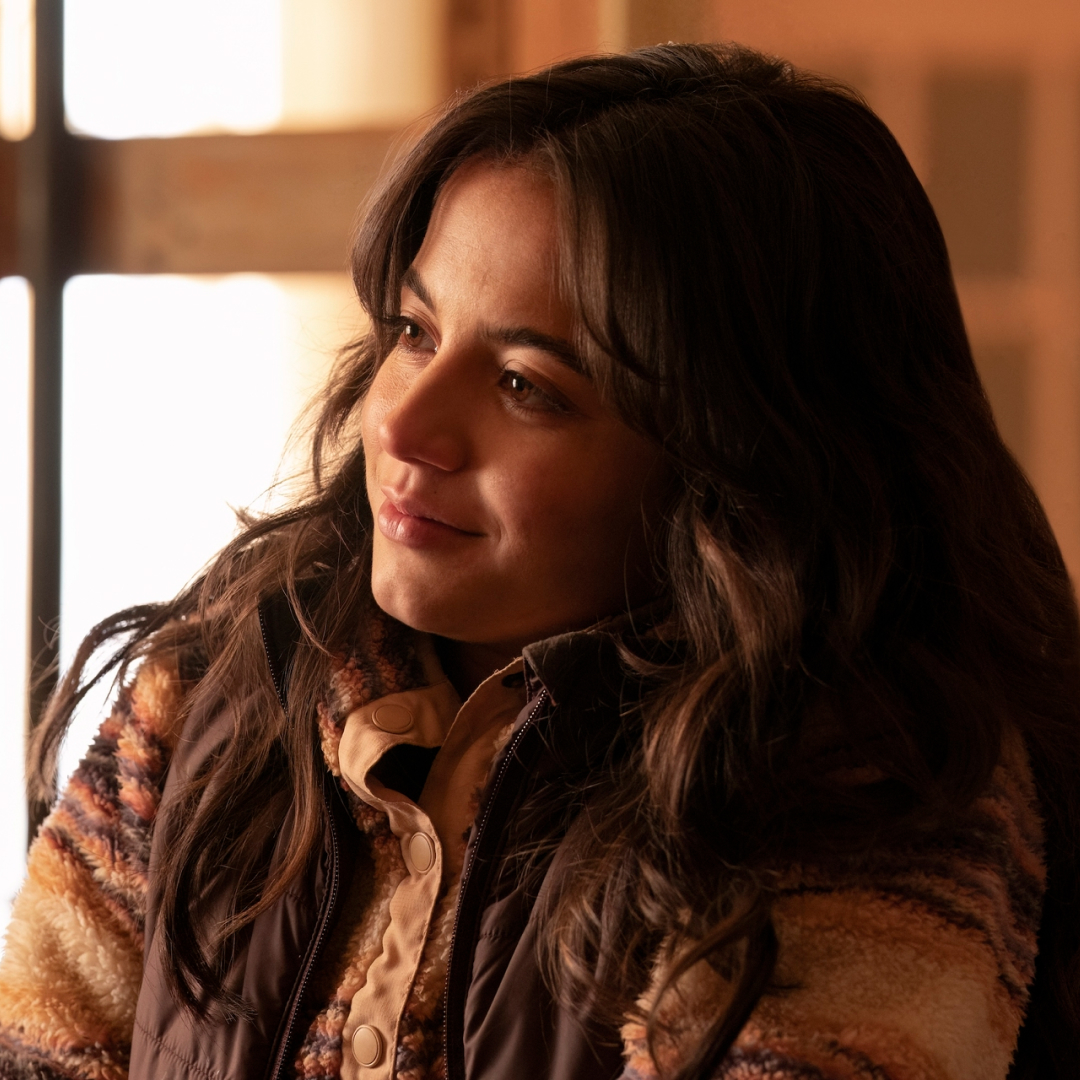 Meet Isabela Merced, the Rising Star Who Plays Dina in 'The Last of Us'
Meet Isabela Merced, the Rising Star Who Plays Dina in 'The Last of Us'We're already obsessed with this up-and-comer.
By Quinci LeGardye Published
-
 What to Know About Taylor Dearden, the Actress Who Plays Dr. Mel King on 'The Pitt'
What to Know About Taylor Dearden, the Actress Who Plays Dr. Mel King on 'The Pitt'Here's what to know about the Max series's breakout star, who just so happens to come from TV royalty.
By Quinci LeGardye Published
-
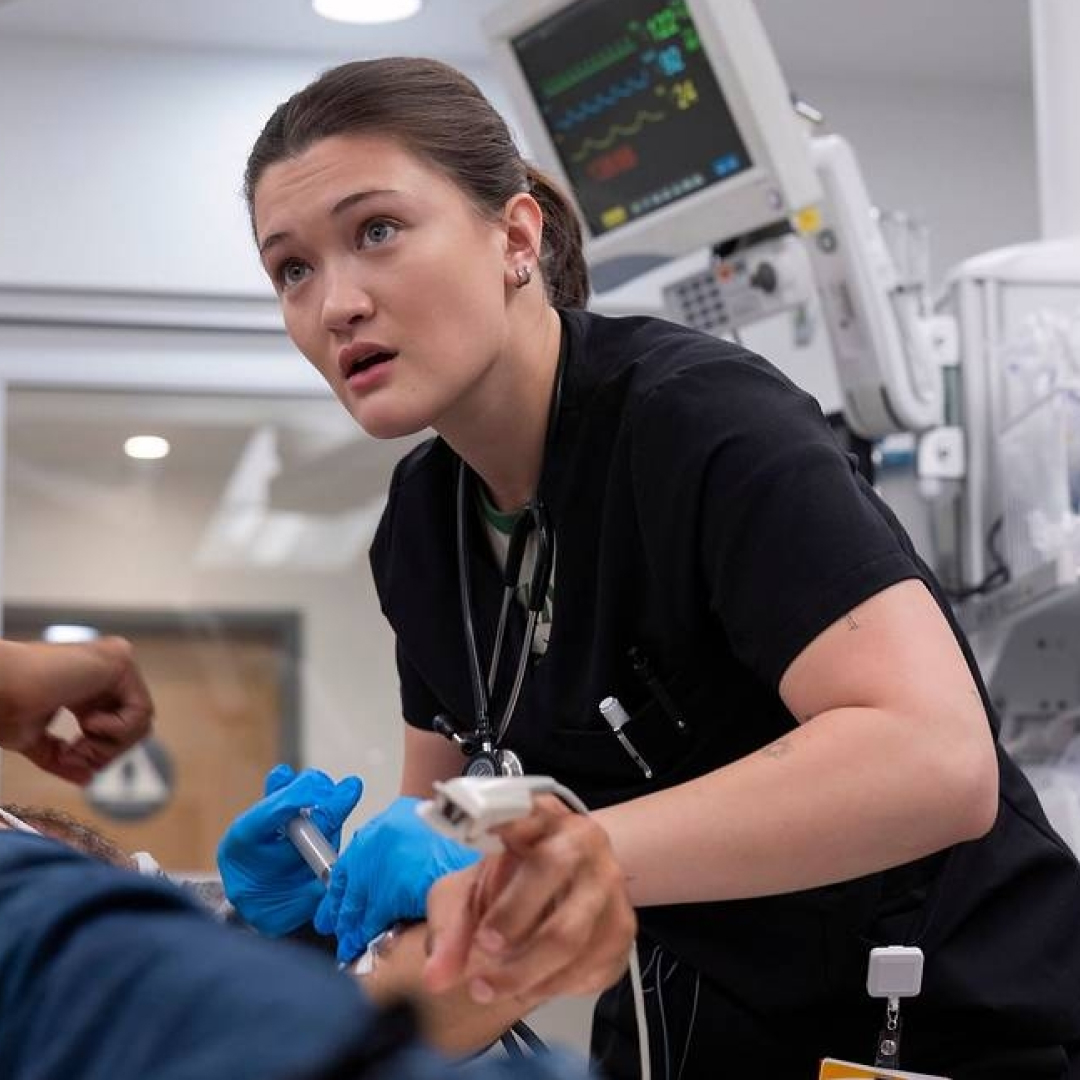 We Owe Dr. Trinity Santos From 'The Pitt' an Apology
We Owe Dr. Trinity Santos From 'The Pitt' an ApologyThe season finale of the smash Max series proved that the most unlikable character on TV may just be the hero we all need.
By Jessica Toomer Published
-
 Meet the Cast of Hulu's New Reality Show 'Got to Get Out
Meet the Cast of Hulu's New Reality Show 'Got to Get OutHulu's answer to 'The Traitors' is here.
By Quinci LeGardye Published
-
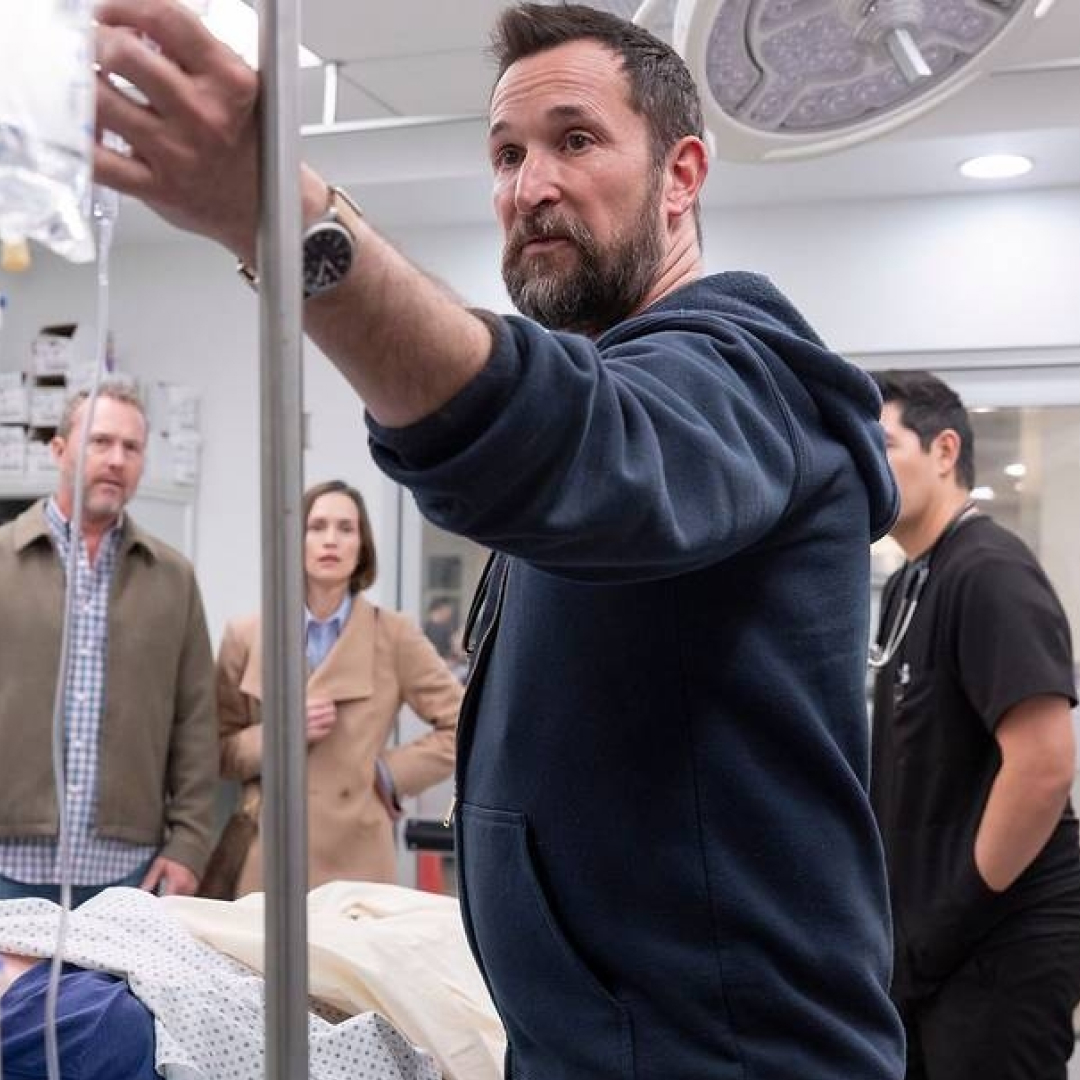 'The Pitt' Season 2: Everything We Know
'The Pitt' Season 2: Everything We KnowHere's where the hit Max medical drama could go after its gripping finale.
By Radhika Menon Published
-
 Where Are the Members of The Squad From 'Bad Influence: The Dark Side of Kidfluencing' Now?
Where Are the Members of The Squad From 'Bad Influence: The Dark Side of Kidfluencing' Now?The names in the Netflix docuseries have fallen out of touch with subject Piper Rockelle.
By Quinci LeGardye Published
-
 Where Is Piper Rockelle Now? What We Know About the Subject of 'Bad Influence: The Dark Side of Kidfluencing'
Where Is Piper Rockelle Now? What We Know About the Subject of 'Bad Influence: The Dark Side of Kidfluencing'The documentary examines a kidluencing empire and the lawsuit against it.
By Quinci LeGardye Published
-
 Meet Nicholas Duvernay, the Actor Who Plays Zion in 'The White Lotus' Season 3
Meet Nicholas Duvernay, the Actor Who Plays Zion in 'The White Lotus' Season 3We can't stop thinking about his scene-stealing performance in the finale.
By Quinci LeGardye Published
